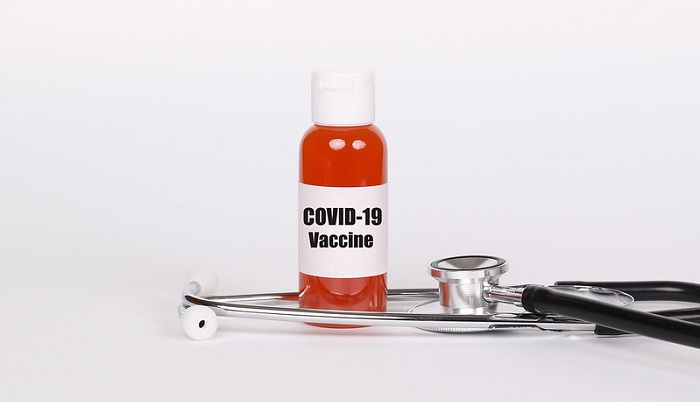The University of Oxford in the UK has reported positive findings of its Covid-19 vaccine candidate in a small preclinical study involving six monkeys.
This preliminary data of the vaccine, currently in human trials, has been published on the preprint website bioRxiv, noted Reuters.
According to the publication, some monkeys administered with a single shot of the vaccine generated antibodies against the virus within 14 days while all monkeys developed antibodies within 28 days, prior to being exposed to high virus doses.
Following exposure to the coronavirus, the vaccine candidate was prevented damage to the lungs and blocked the virus from replication. However, the virus was found to be actively replicating in the nose.
London School of Hygiene & Tropical Medicine pharmacoepidemiology professor Stephen Evans said that the animal data was ‘good news’. Evans was quoted as saying: “It is one of the hurdles to be passed by the Oxford vaccine and it has cleared it well.”
The professor also noted that no evidence of immune-enhanced disease, where a vaccine makes the disease worse, was reassuring.
Evans added: “This was a definite theoretical concern for a vaccine against SARS-CoV-2 and finding no evidence for it in this study is very encouraging.”
Last month, the University of Oxford signed an agreement with AstraZeneca to develop and distribute its Covid-19 vaccine candidate, a recombinant adenovirus vaccine in development by Jenner Institute and Oxford Vaccine Group at the university.
Results from the human trial are expected next month, with plans to start late-stage trials by the middle of this year. As part of the deal, AstraZeneca will carry out the development and global manufacturing and distribution of the vaccine.


















